Grand Spectacles on the Stone: the Pictorial Art of Han Dynasty
Release time:17-07-27
The Han Dynasty stone relief refers to a form of sacrificial and funeral art during the Han Dynasty (206 B.C. to A.D. 220), where relief sculptures were made on stones of ancient Chinese tombs, ancestral temples, imperial palaces, and etc. Located in the center of the Western Han and Eastern Han Dynasties, Xuzhou was a city with prosperous economic and cultural development. It was also a location where the largest number of tone reliefs were uncovered, and one of the centers where stone reliefs originated. The stone reliefs discovered in this area had a wide range of themes, rich contents, and clear process of development. They featured with intense composition, exaggerating yet elegant poses, demonstrating themselves as an artistic unity of form and spirit.
For this exhibition, we selected works from the plentiful collections of Xuzhou Art Gallery of Stone Reliefs of Han Dynasty, many of which are stone rubbings from the originals. We hope that the local visitors could have the opportunity to see this magnificent art form which is so far away in terms of time and distance, and be moved by the beauty and charm of these stone reliefs.
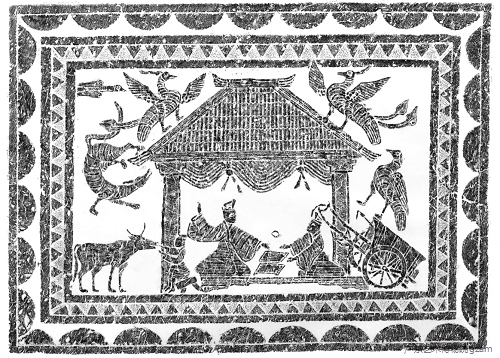
Picture of Liubo 500px × 358px

Picture of Weaving 500px × 659px

Picture of Strong Men 500px × 150px
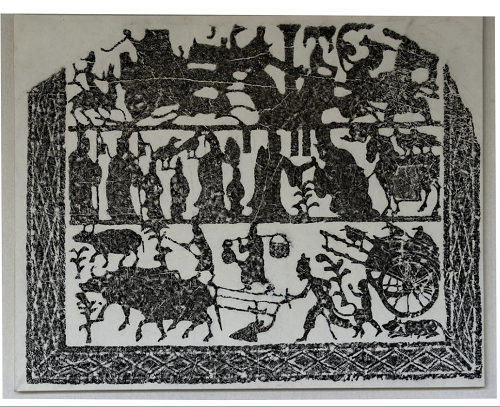
Picture of Cows Ploughing 500px × 407px
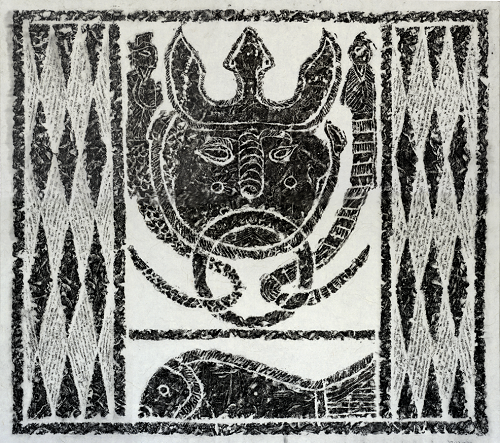
Picture of Fushou, Fuxi, and Nvwa《铺首、伏羲女娲图》 500px × 443px

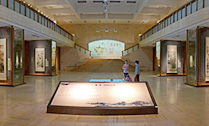
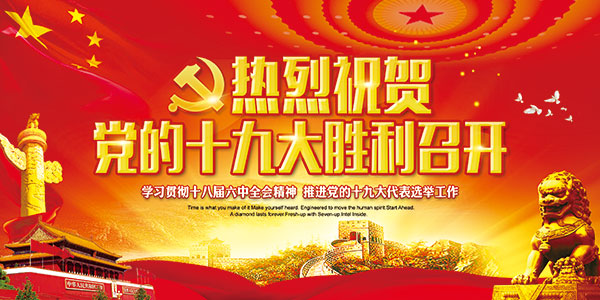 Party's mass line
Party's mass line Activity Booking
Activity Booking Hall of Fame
Hall of Fame Donation
Donation Construction
Construction